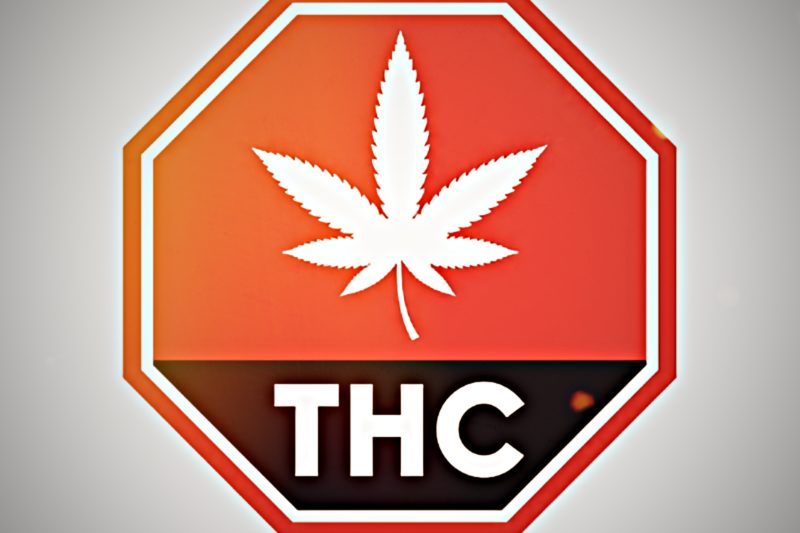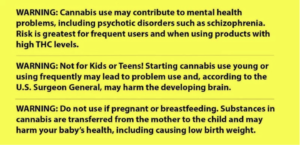
Despite the overwhelming majority of positive experiences with marijuana, there is of course a potential to overuse the plant for a susceptible population.
Studies have shown a link between marijuana and a higher risk of forming a psychiatric disorder, especially when using marijuana with very high THC levels, or smoking weed as a teen.
This, combined with a well-budgeted advertising campaign solely boosting the benefits of marijuana (of which there are also many) has created a rather conflicted understanding of the plant with a bunch of mixed messages. The issue has devolved into a binary equation: you’re either against marijuana and spout fear-mongered propaganda, or for it.
However, not all the negative aspects of THC are propaganda, and there’s a middle ground somewhere in there. That’s what a group of doctors and lawmakers in California are trying to find with a new bill, the Cannabis Right to Know Act, that would put warning labels on cannabis products.

Many are against the bill, stating that it’s redundant and overly expensive.
“This bill is really duplicative and puts unnecessary burdens on the legal cannabis industry, as we already have incredibly restrictive packaging and advertising requirements,” says Lindsay Robinson, the executive director of the California Cannabis Industry Association.
The question remains if something like this would even work. However, it of course isn’t without precedent: we see something similar on alcohol and nicotine products across the country.
This is an ongoing issue, and one to be balanced with the fight to reduce the pull of the cheaper, more dangerous illicit market. Going too far in either direction will be a problem, and the argument that this pushes people away from legal marijuana is a valid one. However, the conversation itself is important and reckless to dismiss outright.
Read the original article at Cap Radio.










